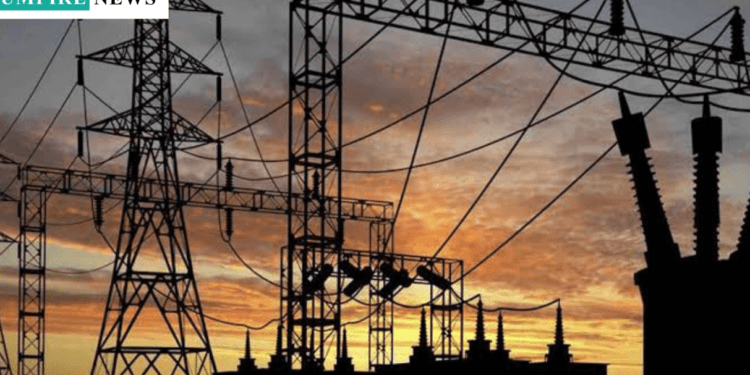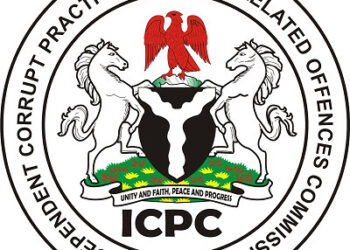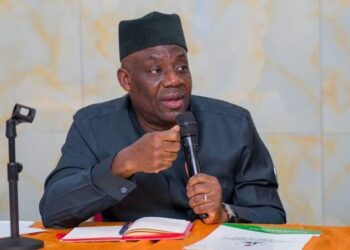The Federal Government of Nigeria has announced plans to introduce a significant electricity subsidy of $600 million annually from 2025 as part of its broader efforts to reform the country’s power sector. This subsidy is set to last until 2027, during which the government aims to bridge the gap between regulated electricity tariffs and cost-reflective ones.
This new subsidy policy is part of Nigeria’s National Energy Compact, which aligns with the country’s electrification and clean energy transition plans. Nigeria’s Energy Compact was presented alongside other African nations at a summit in Tanzania, focusing on innovative energy solutions. The subsidy aims to benefit all electricity consumers while helping the government work toward eliminating the metering deficit and enhancing the sustainability of power distribution companies.
By 2027, the government plans to implement a social tariff specifically for low-income and vulnerable customers once the cost-reflective tariff system is fully in place. One of the most pressing issues the subsidy seeks to address is Nigeria’s ongoing metering deficit, which currently stands at around seven million unmetered users. To tackle this, the government has set ambitious goals to install smart meters for 1.5 million consumers in 2025, 4 million in 2026, and 1.5 million more in 2027.
Despite efforts to reform the sector under the Power Sector Recovery Program, Nigeria’s electricity industry has faced persistent financial challenges, including low tariff recovery rates and high liquidity constraints. In 2023, tariff shortfalls reached N650 billion and are expected increase to over N2.2 trillion in 2024.




































